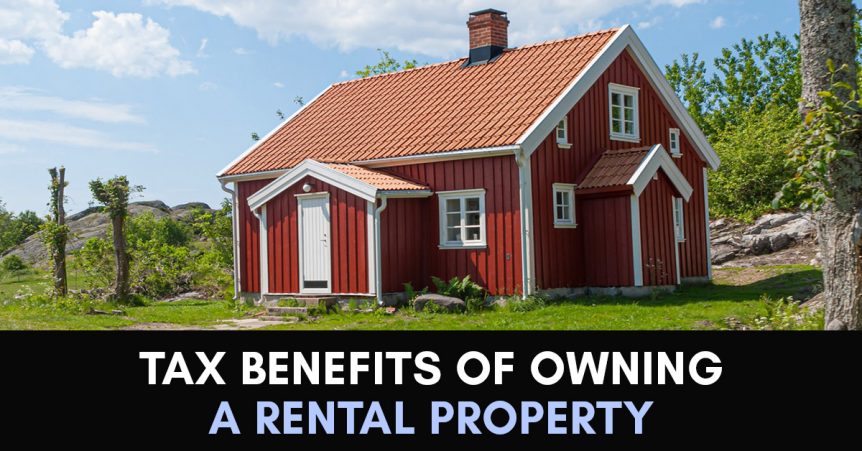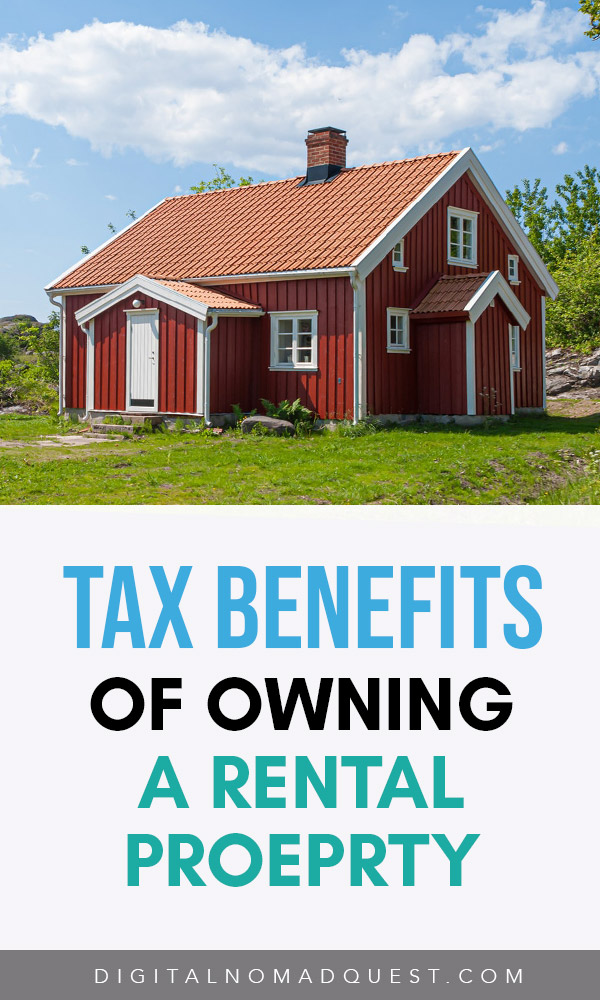You probably know that rental properties are among the most effective ways to increase your income, but you might not be aware of the tax benefits associated with becoming a landlord. People who own rental properties can take advantage of significant savings.
If you’re not sure whether making your first foray into real estate is worth the time and money, remember to consider the money you could save on taxes. This article will cover some of the most noteworthy tax benefits of owning a rental property and deductions available to rental property owners.
Tax Benefits of Owning a Rental Property
Identifying Deductions
It can be tough for landlords to determine exactly what they’re allowed to deduct, especially for those who don’t have experience looking for deductions in their own taxes.
With that in mind, you should consider hiring a tax professional if you don’t know which expenses are deductible. While these are some of the most common deductions, a financial advisor may be aware of even more tax benefits.
It’s important to document all deductible expenses so that you have something to refer to when filing your taxes. Without documentation, you won’t have any way to prove the cost was related to your business. This could lead to significant penalties if you’re subject to an audit by the IRS.
You should also be aware that if you’re renting out the property as a short-term vacation rental, there are special considerations that must be made as well.
Maintenance
Deductions enable you to reduce your taxable income, effective tax rate, and total tax bill, and owning a rental property allows you to claim a variety of deductions that homeowners can’t access.
Landlords can often deduct maintenance-related costs that don’t count as business expenses for those who only own a personal residence. Repairs, replacements, utilities, and more are uniquely deductible for rental property owners. This could save you hundreds of dollars per year, and even more if you own multiple properties.

Mortgage Interest
Both homeowners and landlords can deduct home loan mortgage interest, but landlords can also deduct interest on mortgages related to their rental properties. And unlike for homeowners, there is no mortgage interest limitation for landlords.
Along with mortgages related to purchases, interest can also be deducted on mortgages you took out to repair or renovate your properties. Mortgage interest often provides the highest savings of any individual deduction, and this gives you an added incentive to purchase new rentals and improve your existing properties.
Depreciation
The IRS allows you to deduct the total value of your property over a period of 39 years for commercial rentals and 27.5 years for residential properties. You can deduct anything related to windows, appliances, and other replaceable items along with the property’s structure, but the deduction isn’t available on the land itself. Even a relatively inexpensive property could allow you to claim substantially more in deductions on your tax return.
In layman’s terms, the difference between depreciation and maintenance deductions is that depreciation applies to expenses that increase the value of your property. The repairs and maintenance deduction, on the other hand, is intended for purchases that are necessary just to ensure the property is suitable for renting. You can also deduct any labor costs if you hire contractors for any maintenance tasks.
Sometimes it’s tricky to determine whether you should categorize an expense as a simple repair or as a capitalized expense that must be depreciated. To help you out, the IRS released the tangible property regulations in 2013. Note that these regulations can be difficult to comprehend if you aren’t used to reading the tax code, so don’t be afraid to consult a tax professional for help.
Legal Fees
Every landlord tries to avoid litigation as much as possible, but there’s a chance you’ll end up needing legal representation at some point as a rental owner, especially if you have to evict a tenant. This is considered a personal expense for tenants, so they are required to pay income taxes on legal fees.
On the other hand, these fees are business expenses for landlords who are involved in litigation for evictions or other situations. You can deduct all legal fees from your taxable income to minimize the financial impact of hiring a lawyer.
Travel
You might not think to deduct travel costs at all, but landlords can often claim a deduction on trips related to their rental properties. Deductible travel expenses include everything from gas, parking, and taxis to airfare and hotels. The IRS provides a standard mileage rate to calculate deductions on gas.
This is a uniquely convenient deduction for landlords who don’t live close to their properties. It makes this situation significantly more practical, especially if you need to travel regularly between different rentals. Make sure to carefully separate personal and business expenses to avoid an audit.
Work-Related Costs
Expenses related to renting and maintaining your workplace are deductible, and that applies to both home workspaces and larger offices. You can also claim deductions on equipment like computers, phones, and printers as long as they’re used in your business.
This deduction typically involves a large number of small deductions, so you should try to get in the habit of keeping receipts for all purchases that relate to your rental properties. There should be a clear division between personal and professional items.
Claiming Deductions
You should usually file for deductions in the same tax year that you made the associated purchases, and you can claim deductions on the Schedule E form. Schedule E is used for income and loss on a variety of investments and other sources of income including rental properties, partnerships, estates, and trusts.
Conclusion
Most people aren’t thinking about the tax benefits when they invest in a rental property, but these are actually an incredibly lucrative opportunity for rental owners. Landlords can deduct a much wider range of costs, leading to a substantially lower tax bill at the end of the year. Remember that your total savings will continue to increase as you invest in more properties.
Hope you enjoyed this post on tax benefits of owning a rental property, and let us know if you have comments below!


